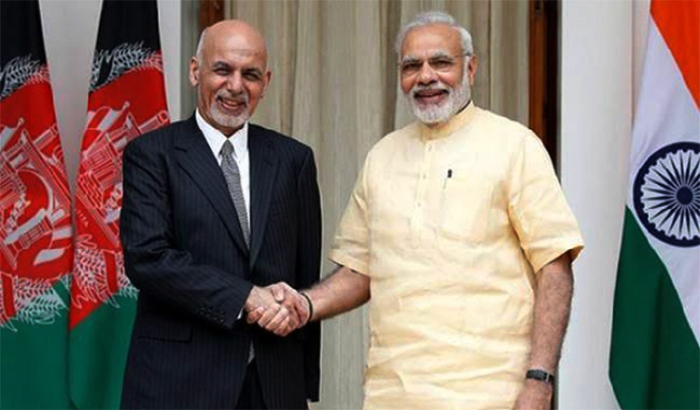Jan 28: After Union minister Anurag Thakur, on Tuesday, BJP MP Parvesh Verma has stoked a controversy by saying that "Shaheen Bagh protesters will enter houses and rape sisters, daughters." The BJP MP even went on to say that if BJP is voted to power in Delhi, they "will clear Shaheen Bagh protest within an hour."
"If the BJP comes to power in Delhi on February 11, we will clear Shaheen Bagh of all protests and protesters within one hour. Not a single person will be visible," Parvesh Verma said during a meeting at Vikaspuri assembly constituency.
"Lakhs of people gather there [Shaheen Bagh]. People of Delhi will have to think and take a decision. They will enter your houses, rape your sisters and daughters, kill them. There's time today, Modi ji & Amit Shah won't come to save you tomorrow..." the BJP MP told news agency ANI.
"If our government is formed, then give me just a month after February 11, and I will remove all mosques built on government land in my Lok Sabha constituency," the BJP parliamentarian added.
Well, these statements didn't go down well with the netizens, who took to Twitter to express what they felt about the BJP leader's comments. A user wrote, "This is pure, unadulterated hate speech." While other user said, "Only when you thought BJP couldn't stoop any lower."
Earlier, on Monday, BJP leader and Union Minister Anurag Thakur triggered a row after he led the crowd to raise an incendiary slogan that "traitors should be shot". At the rally, Thakur, the Minister of State (MoS) for Finance, shouted: "desh ke gaddaron ko" to which the crowd responded, "goli maro saalo ko" (shoot down the traitors).
Addressing the meeting in support of BJP candidate from Rithala, Manish Chaudhary, Thakur raised the pitch of nationalism as he linked opposition parties with anti-CAA protests in Shaheen Bagh and with alleged anti-India slogans, and then asked the crowd to raise the controversial slogan.
For more than a month, over 200 women have been joined by hundreds of others every day at South East Delhi's Shaheen Bagh at a sit-in protest against the CAA which promises citizenship to only non-Muslim refugees from three neighbouring countries.
Protests have been ongoing in different parts of the country against the amended Citizenship Act (CAA) which grants citizenship to Hindus, Sikhs, Jains, Parsis, Buddhists and Christians fleeing religious persecution from Pakistan, Afghanistan, and Bangladesh if they entered India on or before December 31, 2014.







Comments
Add new comment